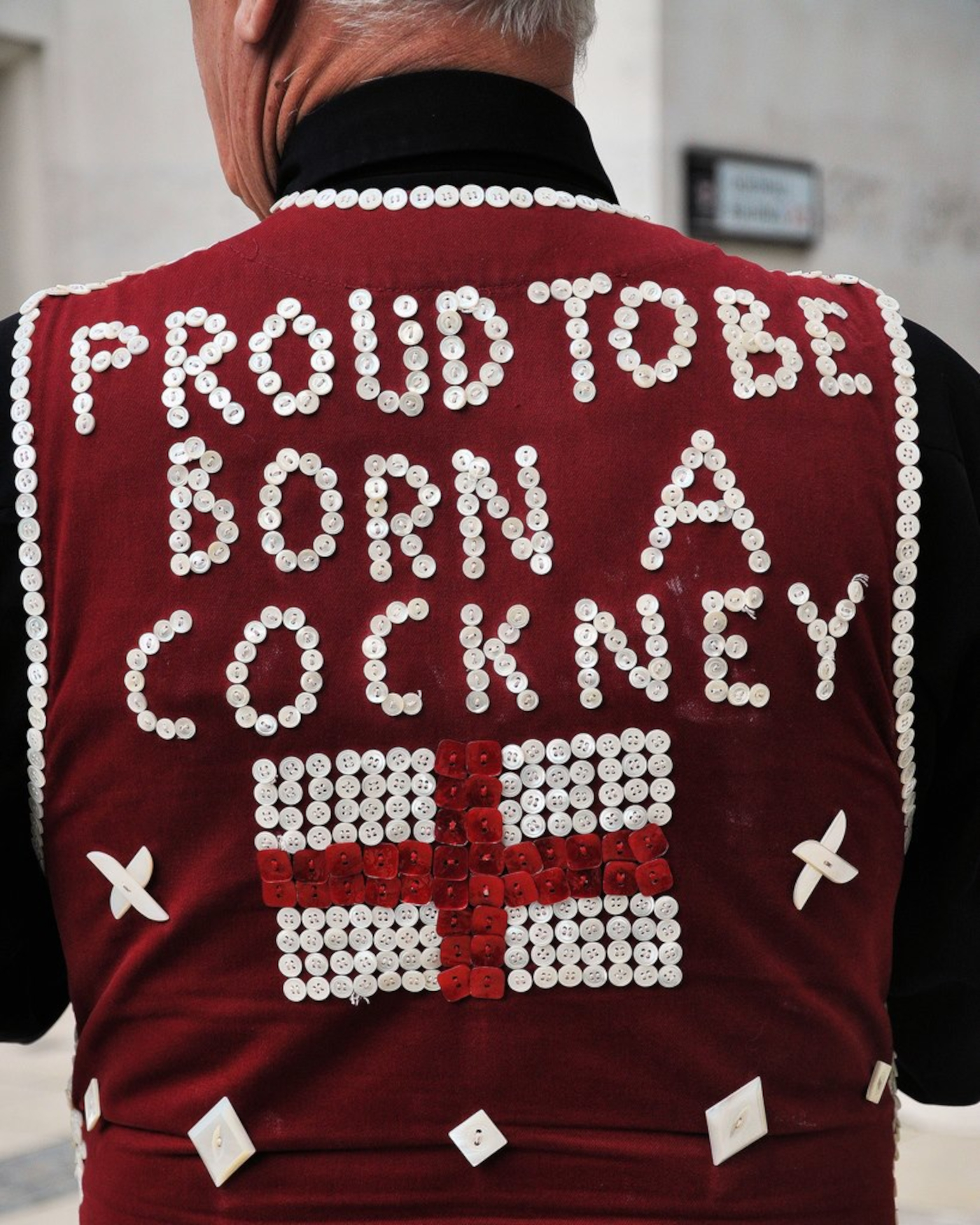- Scuola di inglese
- Corsi
- Student zone
-
E-Shop
- Bambini
- Corsi individuali bambini
- Corsi di gruppo bambini
- Ragazzi
- Corsi individuali ragazzi
- Corsi di gruppo ragazzi
- Adulti
- Corsi generali individuali
- Corsi generali di gruppo
- Linguaskill
- Corsi Linguaskill
- TKT
- Corsi individuali TKT
- Corsi di gruppo TKT
- Business
- Corsi individuali di business English
- Corsi di gruppo di business English
-
Prenota Cambridge
- Contatti
- Prenota esami Cambridge
- Gruppi scolastici
- Prezzi
- Informazioni su risultati e certificati
-
- The project
- ISP exam fees for schools
- How to join the project
- How to organise exams in your school
- Information for parents
- Support for teachers
- International recognition
- Preparation Centre V Authorized Centre - the difference
- Preparation Centre Logos
- Cambridge Apps, games and activities
- Cambridge English Penfriends
- Social media
- How to officially accept Cambridge English exams
- CELTA
- Linguaskill
- CPSQ/TSA
- Blog

Unraveling the Quirky World of Cockney Rhyming Slang: 10 Intriguing Examples Explained
Data pubblicazione:
14/07/25
|

Cockney rhyming slang is a colorful and distinctive form of English slang that originated in the East End of London. Its unique nature involves substituting a regular word with a phrase that rhymes with it, often resulting in cryptic and humorous expressions.
Let's delve into the fascinating world of Cockney rhyming slang with 10 detailed examples to shed light on this peculiar linguistic phenomenon.
Apples and pears (stairs):
One of the most classic examples of Cockney rhyming slang, "apples and pears" is used to refer to stairs. The phrase highlights the playful and whimsical nature of this form of slang, where the rhyme creates a completely different word or phrase.
Trouble and strife (wife):
In Cockney rhyming slang, "trouble and strife" is a euphemism for one's wife. This cheeky and indirect way of referring to a spouse reflects the witty and somewhat secretive nature of the slang.
Dog and bone (phone):
When a Cockney speaker mentions the "dog and bone," they are actually talking about the telephone. The playful juxtaposition of words in this instance showcases the imaginative and idiosyncratic qualities of Cockney rhyming slang.
Plates of meat (feet):
To describe one's feet in Cockney rhyming slang, the phrase "plates of meat" is used. This clever substitution transforms a mundane body part into a lively and engaging expression, adding flair to everyday language.
Butcher's hook (look):
When a Cockney suggests taking a "butcher's hook," they are simply proposing to take a look. This example illustrates how Cockney rhyming slang can inject humor and creativity into common phrases, making communication more playful and intriguing.
Adam and Eve (believe):
In Cockney rhyming slang, "Adam and Eve" stands for believe. The association with a famous biblical couple adds a cultural and historical dimension to this slang term, enhancing its richness and depth.
Barnet Fair (hair):
When discussing one's hairstyle, a Cockney might refer to their "Barnet Fair," which actually means hair. The use of "Barnet Fair," a historical reference to a renowned fair in the 19th century, adds a touch of nostalgia and whimsy to the expression.
Trouble in the shed (head):
To talk about someone's head in Cockney rhyming slang, the phrase "trouble in the shed" is employed. This inventive and quirky use of language exemplifies how Cockney speakers playfully twist words to convey meaning in a creative and entertaining manner.
Tea leaf (thief):
In Cockney rhyming slang, a "tea leaf" is a thief. The association of a common household item like tea with the concept of theft showcases the clever and imaginative wordplay characteristic of this form of slang.
Ruby Murray (curry):
When a Cockney mentions a "Ruby Murray," they are actually talking about a curry. This example demonstrates the versatility of Cockney rhyming slang in transforming everyday words into amusing and evocative expressions that spark interest and amusement in conversation.
Let's delve into the fascinating world of Cockney rhyming slang with 10 detailed examples to shed light on this peculiar linguistic phenomenon.
Apples and pears (stairs):
One of the most classic examples of Cockney rhyming slang, "apples and pears" is used to refer to stairs. The phrase highlights the playful and whimsical nature of this form of slang, where the rhyme creates a completely different word or phrase.
Trouble and strife (wife):
In Cockney rhyming slang, "trouble and strife" is a euphemism for one's wife. This cheeky and indirect way of referring to a spouse reflects the witty and somewhat secretive nature of the slang.
Dog and bone (phone):
When a Cockney speaker mentions the "dog and bone," they are actually talking about the telephone. The playful juxtaposition of words in this instance showcases the imaginative and idiosyncratic qualities of Cockney rhyming slang.
Plates of meat (feet):
To describe one's feet in Cockney rhyming slang, the phrase "plates of meat" is used. This clever substitution transforms a mundane body part into a lively and engaging expression, adding flair to everyday language.
Butcher's hook (look):
When a Cockney suggests taking a "butcher's hook," they are simply proposing to take a look. This example illustrates how Cockney rhyming slang can inject humor and creativity into common phrases, making communication more playful and intriguing.
Adam and Eve (believe):
In Cockney rhyming slang, "Adam and Eve" stands for believe. The association with a famous biblical couple adds a cultural and historical dimension to this slang term, enhancing its richness and depth.
Barnet Fair (hair):
When discussing one's hairstyle, a Cockney might refer to their "Barnet Fair," which actually means hair. The use of "Barnet Fair," a historical reference to a renowned fair in the 19th century, adds a touch of nostalgia and whimsy to the expression.
Trouble in the shed (head):
To talk about someone's head in Cockney rhyming slang, the phrase "trouble in the shed" is employed. This inventive and quirky use of language exemplifies how Cockney speakers playfully twist words to convey meaning in a creative and entertaining manner.
Tea leaf (thief):
In Cockney rhyming slang, a "tea leaf" is a thief. The association of a common household item like tea with the concept of theft showcases the clever and imaginative wordplay characteristic of this form of slang.
Ruby Murray (curry):
When a Cockney mentions a "Ruby Murray," they are actually talking about a curry. This example demonstrates the versatility of Cockney rhyming slang in transforming everyday words into amusing and evocative expressions that spark interest and amusement in conversation.






I nostri social
LE ULTIME DAL NOSTRO INSTAGRAM
@englishexpress_cambridgeit997
ENTRA A FAR PARTE DELLA NOSTRA COMMUNITY
PER NON PERDERTI NESSUN AGGIORNAMENTO!